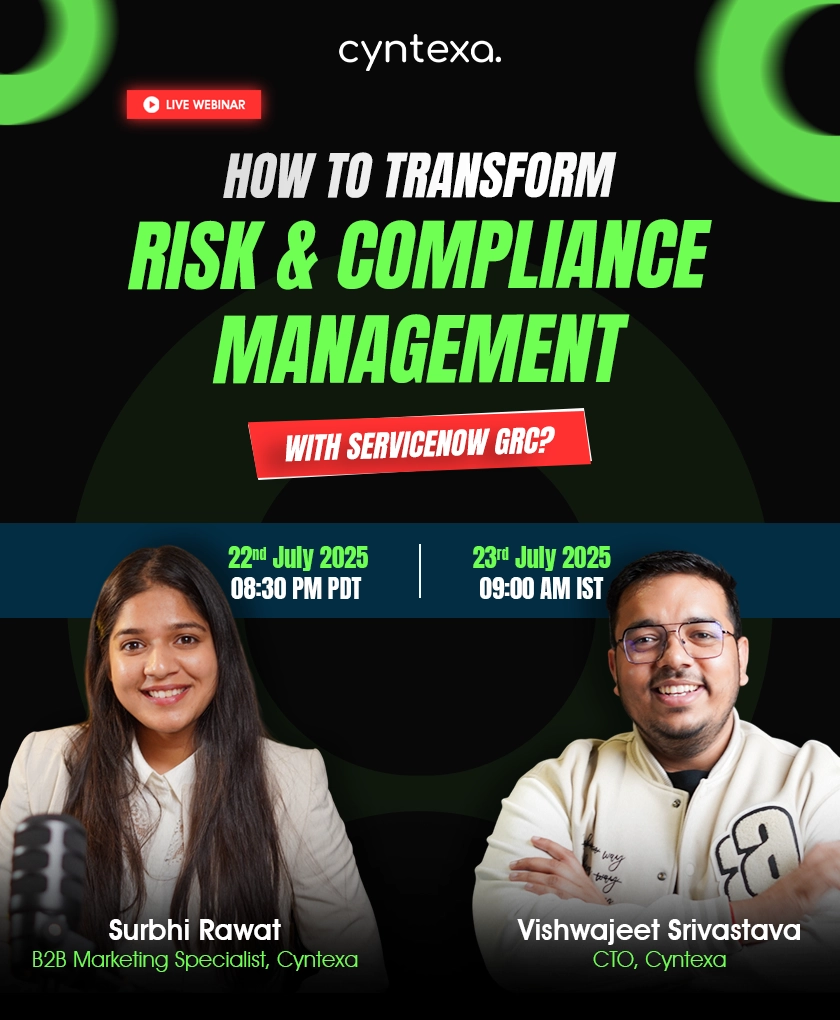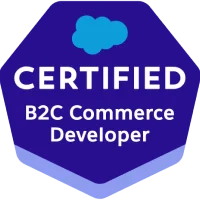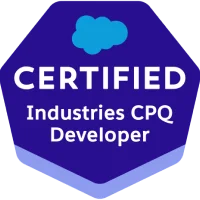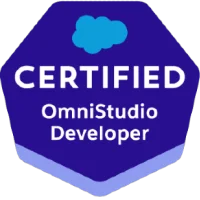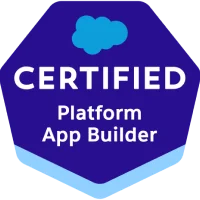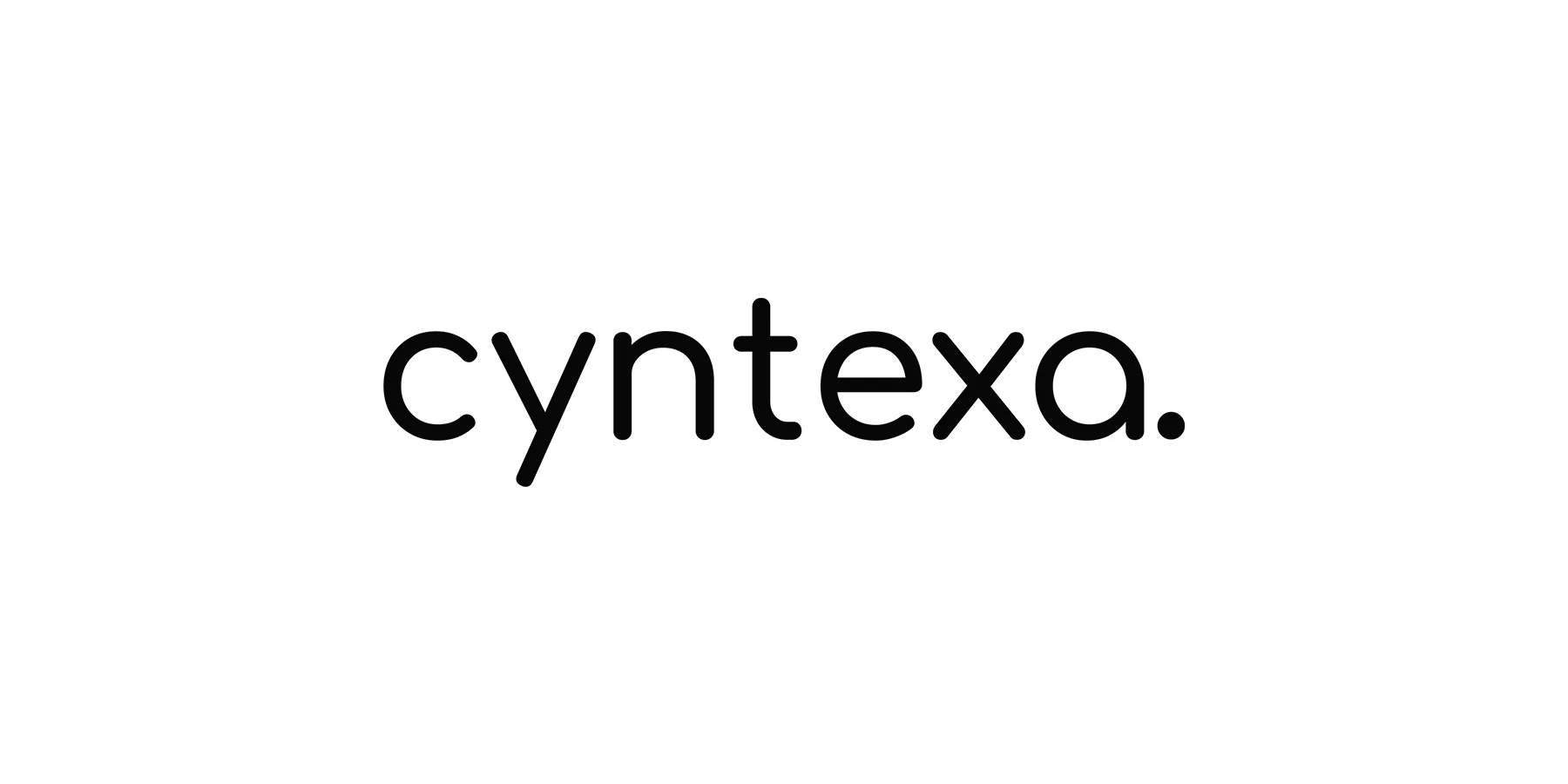Financial Services
Secure your confidential customer data through technological advancements in financial
services. Streamline operations, enhance security, and personalize experiences with our
digital transformation expertise.
Insurance
Insurance companies are expanding grounds of success by leveraging data and
technology to
create seamless customer experiences in the evolving insurance sector. Experience it
all
with us.
Retail & Consumer Goods
The retail & consumer goods market has shifted. We help you navigate the "new normal" with
data-driven strategies and personalized experiences with our customized digital
transformation solutions.
Media & Communication
Today's Customers are way past the old conservative solutions, especially in the Media &
Communication industry and crave immersive experiences. Embrace the flexibility,
customization and high customer engagement with us.
Technology
The technology world is racing forward, leaving stagnant companies behind. We bridge the gap
for you with digital transformation readiness and crafting strategies so you dominate in the
evolving market.
Professional Services
We help you thrive in today's evolving landscape. From conquering remote work
challenges to
personalizing client experiences, we craft tech solutions to empower your teams and
exceed
client expectations. Let's unlock your growth potential!
Energy & Utilities
Transformation is the new normal in the energy & utility sector. That's why we offer the
power of digitalization to guide you towards a more efficient, secure, and sustainable
future.
eCommerce
The eCommerce world demands selling faster and smarter. Our cutting-edge strategies combine
user-centric design, data-driven personalization, and cloud scalability. Don't just survive
– dominate.
Manufacturing
Efficiency and cost control are the high-demand variables in the Manufacturing
sector. Cloud
technology lets you connect production, sales, and planning like never before,
unlocking new
growth opportunities.
Healthcare & Life Sciences
Improved Care Strategies, Refined Patient Experiences, secure storage & access to patient
information are what the Healthcare industry asks for. And we will definitely deliver this
and more.
Logistics & Transportation
Struggling with complex supply chains and fragmented communication? Our cloud-based solutions
streamline your entire logistics operation, boosting efficiency and visibility. Simplify
your logistics and elevate your customer experience.
Non Profit
Disparate systems and data overload can hinder your non-profit motive. We help
non-profits
leverage data analytics to track progress and maximize impact. See where resources
deliver
the most good.
Real State
Even the Real Estate market requires a tech upgrade. Seamless cloud-based solutions
connecting stakeholders & modernized operations leading to more productivity and a
profitable future is what you need (& we have expertise in that).
Education
Learners crave personalized, engaging experiences tailored to their needs. We create
flexible, interesting learning ecosystems, bridging the gap with digital
transformation
solutions for education.
